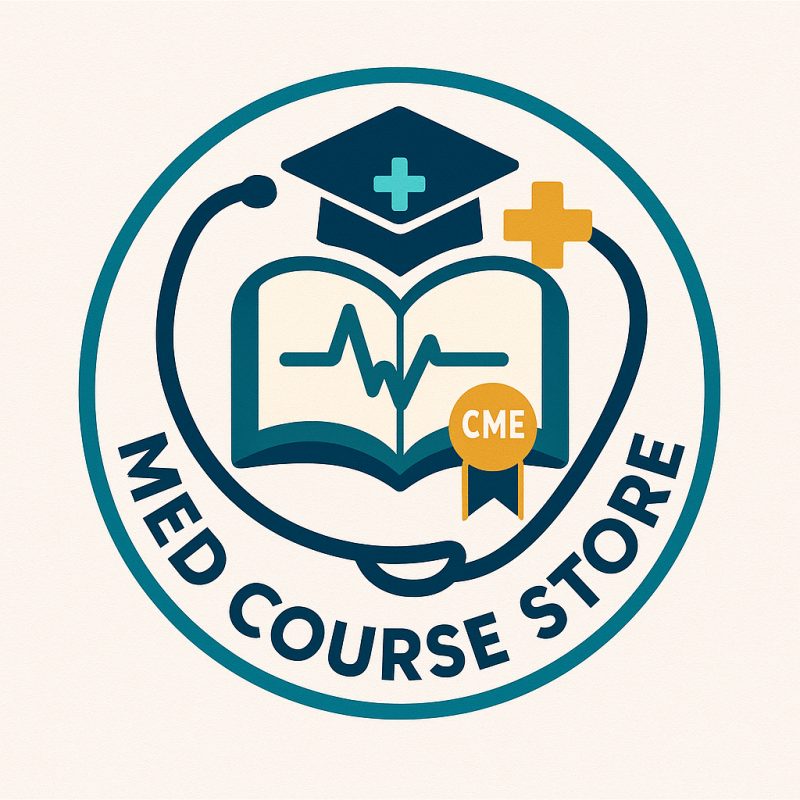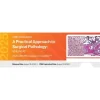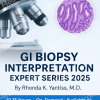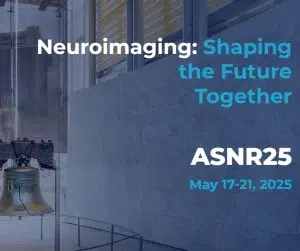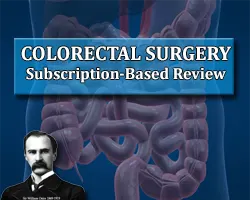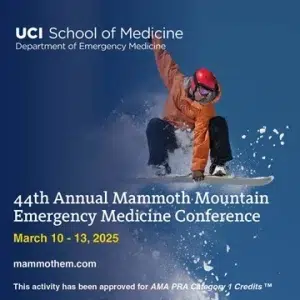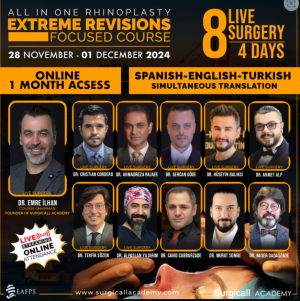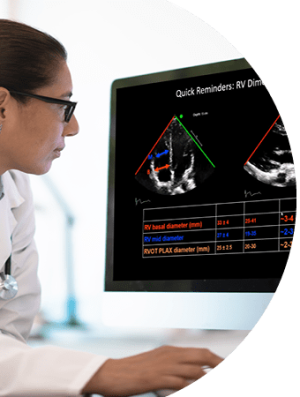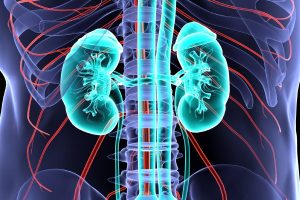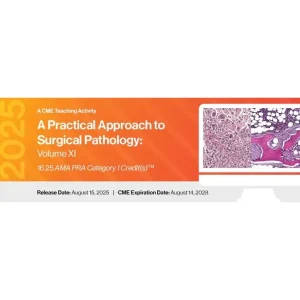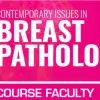Original release date: July 28, 2025
Course Description
This course will provide a comprehensive review and update of the pathologic diagnosis and clinical significance of benign, in situ and malignant lesions of the breast identified in surgical specimens and core needle biopsies. The most current adjunctive immunohistochemical and molecular studies to assist in the diagnosis and classification of benign and malignant breast lesions and to guide patient management will be emphasized.
Target Audience
Practicing academic and community pathologists, and pathologists-in-training
Learning Objectives
Upon completion of this educational activity, learners will be able to:
- Describe the diagnostic criteria and clinical significance of a variety of benign, in situ and malignant breast lesions encountered in surgical specimens and core needle biopsies
- Discuss differential diagnostic problems in breast pathology and the uses and limitations of ancillary immunohistochemical and molecular tests in arriving at the correct diagnosis
- Discuss prognostic and predictive assays in patients with breast cancer
-
Section: 1 Presentation 1 DocumentSection: 1 Presentation 1 DocumentSection: 1 Presentation 1 DocumentSection: 1 Presentation 1 DocumentSection: 1 Presentation 1 DocumentSection: 1 Presentation 1 DocumentSection: 1 Presentation 1 DocumentSection: 1 Presentation 1 DocumentSection: 1 Presentation 1 DocumentSection: 1 Presentation 2 DocumentsSection: 1 Presentation 1 DocumentSection: 1 Presentation 1 Document
-
Applications of Molecular Testing in Breast Cancer – Ashley Cimino-Mathews, MD
Section: 1 Presentation 1 Document 1 Certificate 1 Survey -
Classic Triple Negative Breast Cancers, TILS and the Immune Microenvironment – Ashley Cimino-Mathews, MD
Section: 1 Presentation 1 Document -
Special Type Triple Negative Breast Cancers – Laura Collins, MD
Section: 1 Presentation 1 Document -
HER2 Low and ER Low Breast Cancers – Stuart Schnitt, MD
Section: 1 Presentation 1 Document -
Pathologic Evaluation of Specimens After Neoadjuvant Therapy – Gregory Bean, MD, PhD
Section: 1 Presentation 1 Document -
Digital Slides: Spindle Cell and Vascular Lesions – Gregory Bean, MD, PhD
Section: 1 Presentation 2 Documents -
Digital Slides: Triple Negative Breast Neoplasms – Stuart Schnitt, MD
Section: 1 Presentation 1 Document -
Mucinous and Neuroendocrine Lesions – Puay Hoon Tan, MD
Section: 1 Presentation 1 Document -
Specimen Handling and Margin Evaluation – Laura Collins, MD
Section: 1 Presentation 1 Document -
Epithelial-Myoepithelial Proliferations – Puay Hoon Tan, MD
Section: 1 Presentation 1 Document -
Uncommon Clinical Scenarios – Edi Brogi, MD, PhD
Section: 1 Presentation 1 Document -
Digital Slides: Mucinous Lesions and ER+ Breast Cancers – Ashley Cimino-Mathews, MD
Section: 1 Presentation 1 Document -
Digital Slides: Unusual Breast Lesions – Edi Brogi, MD, PhD
Section: 1 Presentation 1 Document -
Uncommon Types of Invasive Breast Cancers – Gregory Bean, MD, PhD
Section: 1 Presentation 1 Document -
Contemporary Lymph Node Evaluation – Edi Brogi, MD, PhD
Section: 1 Presentation 1 Document -
Applications of AI to Breast Pathology – Stuart Schnitt, MD
Section: 1 Presentation 1 Document -
FREE SECTION: Panel Discussion and Q&A
Section: 8 Presentations
